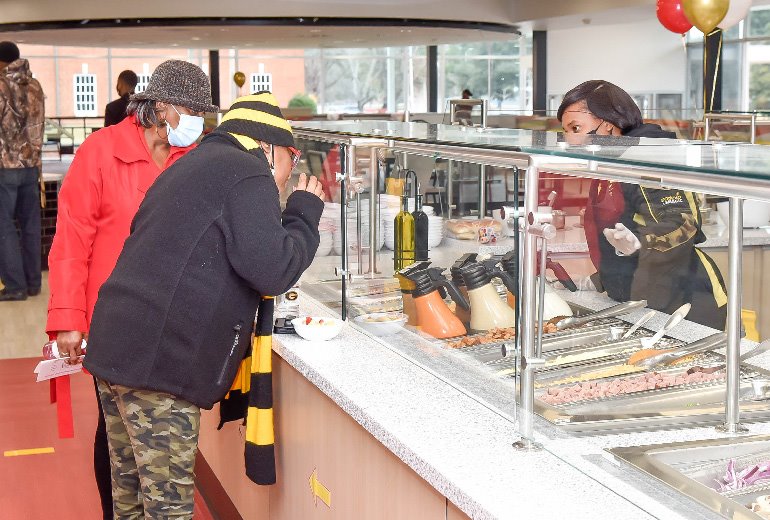
Numbers of employers and employees in the petrol station sector in the Netherlands has decreased dramatically since 2011. Economies of scale, the growth in the number of unmanned filling stations and a collective labour are the main causes.
This is evident from the latest figures from the Social Fund for Petrol Stations and Laundry Companies (SFTW), published in the report 'Petrol stations in Figures 2023' published by trade association BOVAG.
According to the report, there were 2010 employers active in the service station industry in 987. From 2010 onwards, without exception, there has been a year-on-year decline until 2022, when 549 employers still worked in Dutch petrol stations.
This shows a decrease of more than 44 percent in twelve years. With regard to the number of employees in the Dutch petrol station sector, the decrease is also substantial, although not as drastic as that of employers. For example, the number of employees fell from 15,491 in 2011 to 13,809 in 2022; or a decline of nearly 11 percent.
Downward trend
The annual decline in the number of employers and employees is due to various reasons. According to BOVAG, there is a clear downward trend in the number of companies in the sector. According to the latest figures, the increase in scale and clustering of 'filling and service stations' is very visible.
At the same time, the number of unmanned filling stations in the Netherlands has risen sharply in the last decade. In 2003 there were 575, now there are 2331; a growth of no less than 305 percent. The number of manned filling stations decreased by more than 50 percent in the same period, from 3661 in 2003 to 1800 today.
No exception
The petrol station industry is no exception compared to many other industries that are also struggling with a growing shortage of staff.
Not only is finding staff a challenge, retaining people is also more difficult than before, according to BOVAG. For example, the type of vacancies is substantially different from ten years ago;
Today's employee must have more hospitality skills and can be characterized more as a host or hostess than as a traditional pump attendant. Another reason is that the petrol station industry has to compete with the retail and hospitality sectors, where shortages are also large.
The corona crisis has completely created a battlefield: many employees were looking for a job with more future and security and with a higher wage.
Young people
Young staff between the ages of 18 and 30 in particular are proving difficult to attract for petrol stations, while it is precisely this influx that is important to remain interesting in the future.
The limited opportunities for personal growth in this age category contribute to the low interest in working in the industry and continuing to work there.
According to the sector organisations, career opportunities, the provision of training, a pleasant working atmosphere and a good collective labour agreement with excellent earnings can create an attractive image of the sector and ensure that the decline in the number of employers and employees is slowly but surely halted.